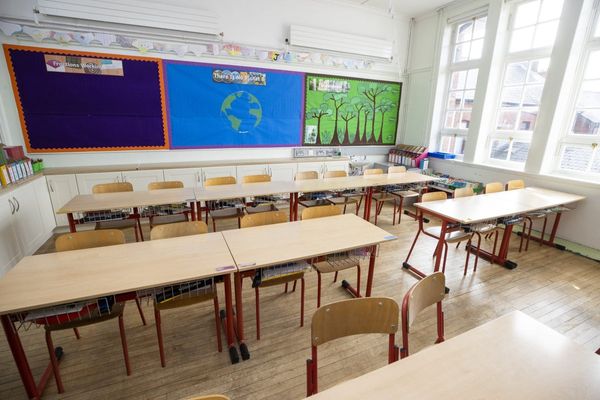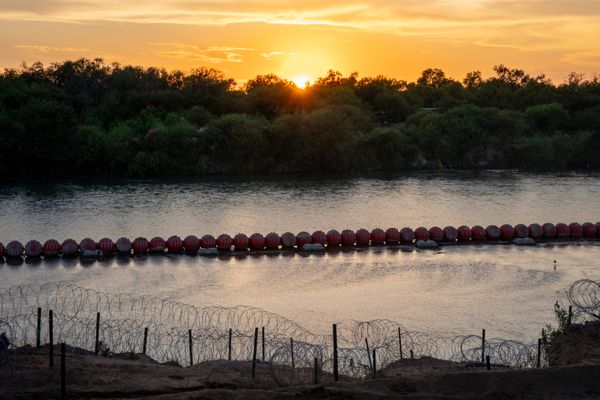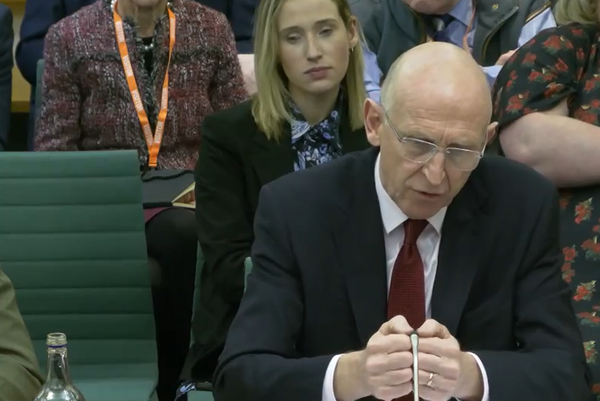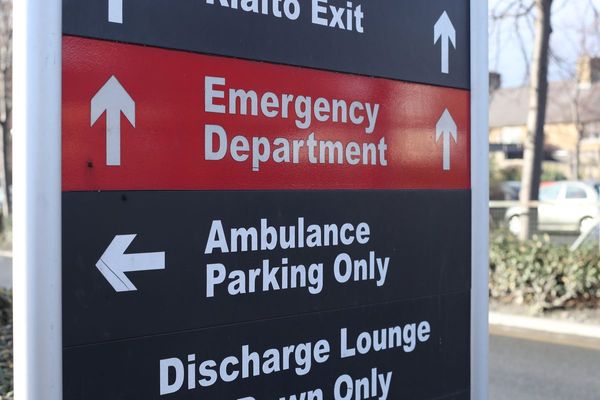
On October 16, 2023, Dr Khamis Elessi, our doctor friend in Gaza, wrote in The Lancet, one of the world’s most prestigious global health journals:
Under what system of law and morality does Israel have the right to target healthcare workers, civilians, and children, showing a tragic disregard for the humanity of Gazans?
…I am a doctor in Gaza and I want to survive for my family and for my patients. The need to intervene against these atrocities is beyond urgent.
Nearly 300 days later, as Israel was renewing yet another deadly ground assault and forced evacuations on Gaza City, Khamis, a neurorehabilitation and pain medicine doctor, posted on Facebook a series of time-stamped photos of himself. He carried a sack over his shoulder and a loaded plastic shopping bag in one hand — his life’s possessions. His trousers hung low where his once healthy belly should have been. He had lost his smile. Each photo — 5pm, 6pm, 10pm, 4am, 5am — showed his journey of running through the night. The images were devastating to those of us who know him and have shared family meals in his home.
He left voice messages with many of his friends. Perhaps he thought this was the end. “My dear beloved sister,” went my own message, “We had to run for our lives. In less than 24 hours, we had to move to three different places because of these unstoppable rings of fire … hundreds of thousands of Palestinians were just roaming the streets, running for their lives … I hope one day we will survive and we will meet up one day. Thank you so much”.
The first time I met Khamis was in Jordan in 2019, at a conference dedicated to advancing the health of Palestinians. One day into the conference, Khamis had not appeared. He missed his own presentation slot. When he finally arrived more than a day late, after visa delays, checkpoint waits, and an arduous multi-day journey through Gaza to Egypt to Jordan (a distance that could take a few hours as the crow flies if not for the fact that he is Palestinian), Khamis was the only Gazan to make the conference. He arrived dog-tired, but to a standing ovation and huge cheers as he stood on the podium like he had just won an Olympic gold.
In the past week, the United Nations has reported that an unfathomable 86% of Gaza is now under forced evacuation orders. A polio epidemic has been declared, the latest sign of the ever-worsening health crisis. The environmental impacts are devastating, with estimations that it would take 15 years of one hundred trucks working to clear almost 40 million tonnes of rubble, much of which is filled with deadly unexploded ordnance.
Repeated military operations and hospital attacks with huge numbers of deaths and injuries continue with illegality and impunity and barely make the news. Gaza has become a mere sidenote against the threat of regional war. My friend Mahmoud*, a language professor who remains trapped in Gaza with his family, messages via WhatsApp, “Things are getting more tense … It feels as if breathing through the eye of a needle”.
But Mahmoud would never end a chat like this. “I don’t want this feeling of hopelessness to take hold of me … patience and endurance and keeping the faith … How are you doing? Any plans you are embarking on? Writing? … I look forward to reading you”.
Another doctor friend, Mohannad, checks in for the first time in months with a photo of himself in a white singlet, cooking over a campfire. “I live in a tent now,” he writes. He tries to keep it upbeat, “I wish this were recreational camping. I try to deal with it as a trip (maybe a bad acid trip!)”. He spends his days volunteering in a healthcare clinic.
A group of male medical students post a photo on Facebook. There are four of them lounging in a closet-size room in green hospital scrubs. They are smiling with thumbs-up for the camera. “Evacuation and tanks are close to Nasser Hospital, but we are waiting for the gynaecology exam”. Across the city, their female peers sit in a bombed room of the long since-closed Turkish-Palestinian Friendship Hospital, pens and paper in hand as they receive clinical teaching from their medical professor.
A photo of Khamis staring down the camera among the rubble, with sack slung over shoulder, was shared hundreds of times on social media by his friends, colleagues, students and strangers. A few days later, Khamis was back in the hospital, a stethoscope where the sack had been, holding the hand of a young girl in pink who was injured by Israeli missile shrapnel.
Khamis wants more than the story of horror to be told. “Tell them,” he says in a message to a colleague, “This person is not an ordinary person. He is somebody who is supposed to live a decent life … Tell them, this is a man who always advocates for peace, for everybody, saving all lives, wherever I work. I’ve worked in Palestine, in Israel, in the UK, in Norway, in the Philippines, in Jordan. I try to do everything in my capacity to save every life … My dream is to have peace and order in this land”.
Mahmoud shares heartbreaking news. “A former student just sent all that remains of my university office after it was completely destroyed in the first months of this war.” He sends the photos of his office, a pile of shattered glass and stones. But in the centre, arising from the shards, is one completely intact remnant: a framed image of Mahmoud dressed in suit and tie, speaking at a conference, bordered with pink flowers, with the caption “Thank you for making a difference. You are appreciated”.
“We will remain steadfast,” he writes as he ends this chat. “For Gaza’s emblem is the Phoenix”.
*Names have been changed.







